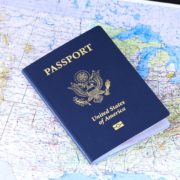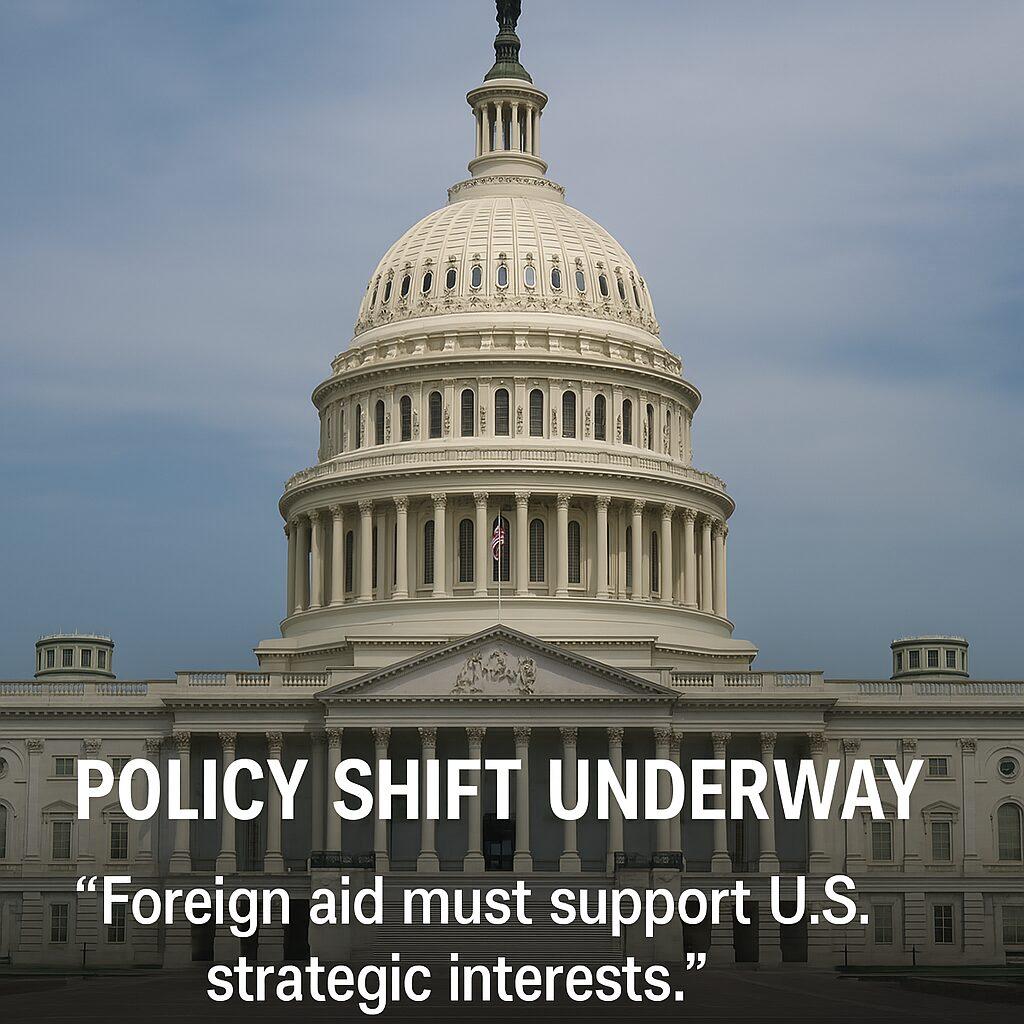Report also showcases the massive diversity within the API immigrant community and how policies affect AAPI immigrants
WHEN we talk about immigration, it’s often generalized as a large, national issue that affects wide swaths of people with similar goals and plans.
Media coverage on immigration over the last several years has primarily zeroed in on immigrants from the Latinx community, be it conversations about the border wall, the Deferred Action for Childhood Arrivals (DACA) program and the president’s suggestive comments regarding the violent gang MS-13 and nonviolent Central Americans with honest aims at making it in America.
But what mainstream media often neglects to consider is the expansive Asian and Pacific Islander (API) immigrant community that has grappled with the growing laundry list of problems with the U.S. immigration system.
A new report from the national legal and civil rights organization Asian Americans Advancing Justice (Advancing Justice) called “Inside the Numbers: How Immigration Shapes Asian American and Pacific Islander Communities” takes a deep dive into the growing API immigrant community and how the U.S. immigration system serves this specific sect of immigrants.
There are an estimated 1.7 million API immigrants without papers living in the U.S. currently, yet they’re often overlooked in conversations surrounding domestic and immigration policies, Advancing Justice researchers found.
“We have been advocating for policies that help our community, not hurt them,” John C. Yang, president and executive director of Advancing Justice said. “This report shows that long visa backlogs, constant attacks on the immigrant community and enforcement efforts are having a negative effect in our community, but, still, our community is a resilient one.”
The overall consensus of the report is that the current immigration system is inefficient and lacks the wherewithal to effectively serve the ethnically and linguistically diverse API immigrant community. The U.S. Citizenship and Immigration Services (USCIS) is still processing family sponsorship visa applications that were submitted as long as 23 years ago — nearly 1.5 million individuals from Asia are still in the backlogs awaiting their visas.
But the report didn’t just point out the struggles faced by the cast API immigrant community. It also showcased the economic powerhouse it is — there are more than 1.1 million Asian American immigrant-owned businesses in the U.S., meaning that Asian-owned businesses comprise of one-third of all immigrant-owned businesses in the country.
Advancing Justice offered solutions to the problems faced by API immigrants, including passing legislation that would alleviate the backlogs in family sponsorships and to urge Congress to repeal the travel ban.
However, President Trump has remained adamant about gutting immigration programs like family reunification and asylum claims in favor of a more “merit-based” immigration system that he claims would amp up national security and “contribute more to our social safety net.”
“My plan expedites relief for legitimate asylum seekers by screening out the merit-less claims,” Trump said in a speech at the White House last month. “If you have a proper claim, you will quickly be admitted. If you don’t, you will promptly be returned home.” (Klarize Medenilla/AJPress)





